Ecoid workshop and prototype development with site testing in Nagoya Japan.

i-DAT is developing a range of ‘Operating Systems’ which dynamically manifest ‘data’ as experience and extend human perception. Arch-OS [www.arch-os.com], an ‘Operating System’ for contemporary architecture (‘software for buildings’) was the first i-DAT ‘OS’, developed to manifest the life of a building (currently being installed as the i-500 (www.i-500.org) in Perth Western Australia.
Eco-OS explores ecologies. Eco-OS further develops the sensor model embedded in the Arch-OS system through the manufacture and distribution of networked environmental sensor devices. Intended as an enhancement of the Arch-OS system Eco-OS provides a new networked architecture for internal and external environments. Networked and location aware data gathered from within an environment can be transmitted within the system or to the Eco-OS server for processing.







Eco-OS collects data from an environment through the network of ecoids and provides the public, artists, engineers and scientists with a real time model of the environment. Eco-OS provides a range of networked environmental sensors (ecoids) for rural, urban, work and domestic environments. They extend the concept developed through the Arch-OS and i-500 projects by implementing specific sensors that transmit data to the Operating Systems Core Database. Eco-OS also enables the transmission of data back to the Eco-OS ecoids to support interaction with the environment (such as light shows and the transmission of audio/music in response to the network activity).
Eco-OS Core Database: is an extension of the established Arch-OS Core database. The Eco-OS Core collects the data transmitted to it by the ecoids. The data is parsed up and published through a range of flexible tools (flash, Max MSP, Processing, Java, etc), feeds (xml, rss) and web 2.0 streams, such as Twitter and Facebook, which allow artists, engineers and scientists to develop visualisations, sonifications (music) and interactive projects. Eco-OS can operate in passive mode, simply collecting data from the environment or interactive mode, feeding back recursively through the environment.
Ecoids: are sensor devices (small pods) that can be distributed through an environment (work place, domestic, urban or rural). The sensors allow environmental data to be collected from the immediate vicinity. The sensors can be connected together through the formation of Wireless Sensor Networks (WNS) that enable the coverage of an extensive territory (several kilometres). Each ecoid has a unique id and its location within a network can be triangulated giving its exact location. Consequently locative content can be tailored to a specific geographical area.
Ecoids consist of programmable (Processing, Java, etc) embedded technologies (Arduino, etc) and network technologies (Zigbee/Xbee, GPRS and Bluetooth). Designed to be attached to objects (architecture, trees, rocks, etc), free form (water-based, balloons, free standing) or as mobile sensors. They can be powered or draw power from the environment (solar).
Ecoids can also be used to produce content be receiving instructions from Eco-OS. Distributed performance can then be orchestrated across a large territory through light displays or acoustic renditions.
The Operating Systems project explores data: as an abstract and invisible material our potential to perceive our reality through data marks an evolution in human consciousness, the evolution of human perception through the emergence of senses more finely attuned to data!
Data generates a dynamic mirror image of our world, reflecting, in sharp contrast and high resolution, our biological, ecological and social activities. Reluctantly, we are becoming aware of the data shadows that cloud the periphery of our existence, as if through a glass darkly. The reluctance is, to some extent, the result of the fear we feel when we catch a glimpse of this data/mirror world out of the corner of our eye. Somewhere there is an attic, and in that attic stands a large ugly data portrait of our world. Reified its metaphorical and haptic potential are powerful tools for transformation. Operating Systems proposes a range of tools and initiatives that have the potential to enhance our ability to perceive and orchestrate this mirror world.
Eco-OS project and Ecoid development with B Aga, Gianni Corino, Luis Girao, Lee Nutbean, Mike Phillips, Chris Saunders and Chris Speed in Japan.
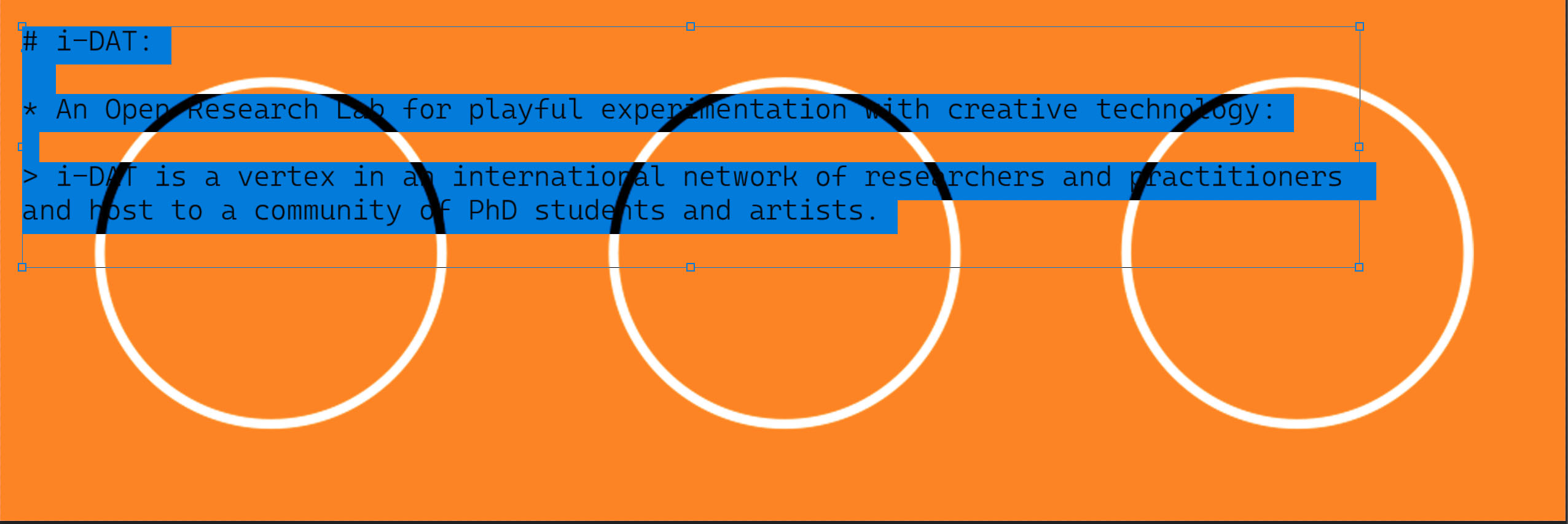
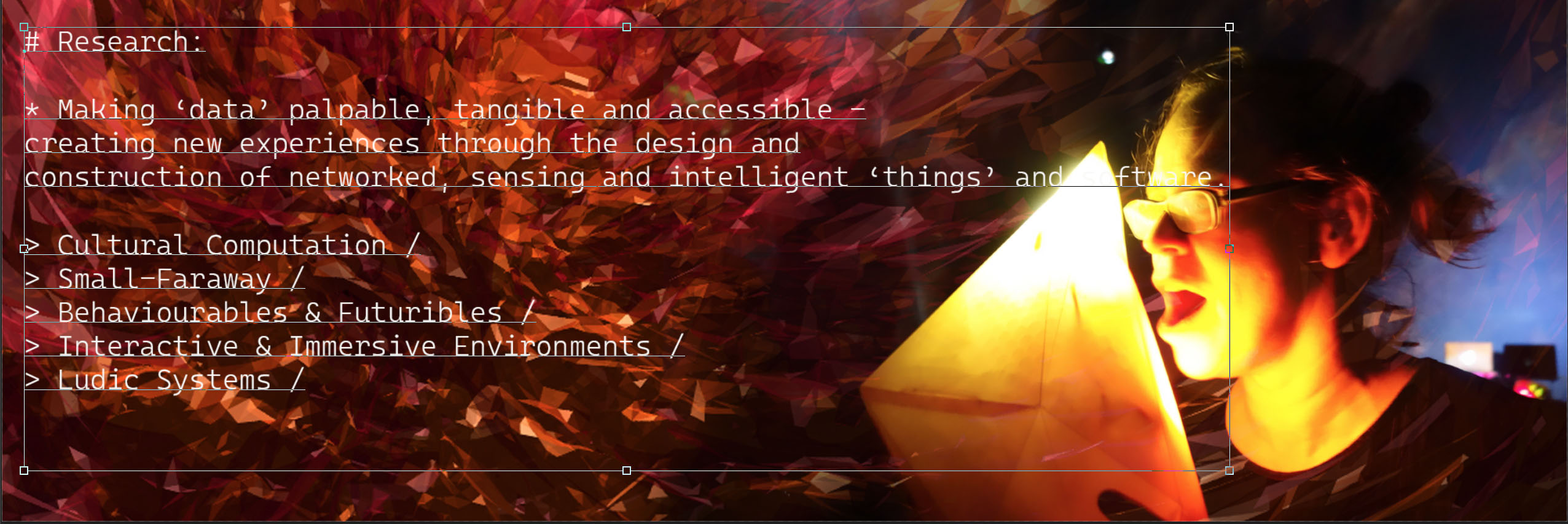
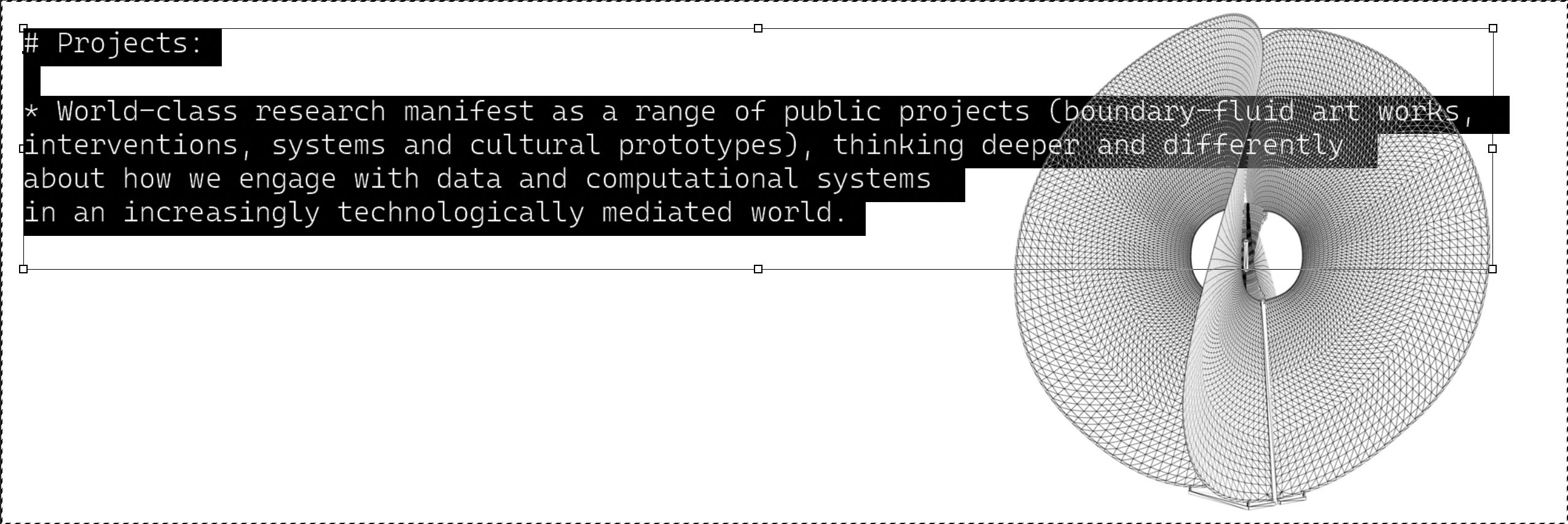
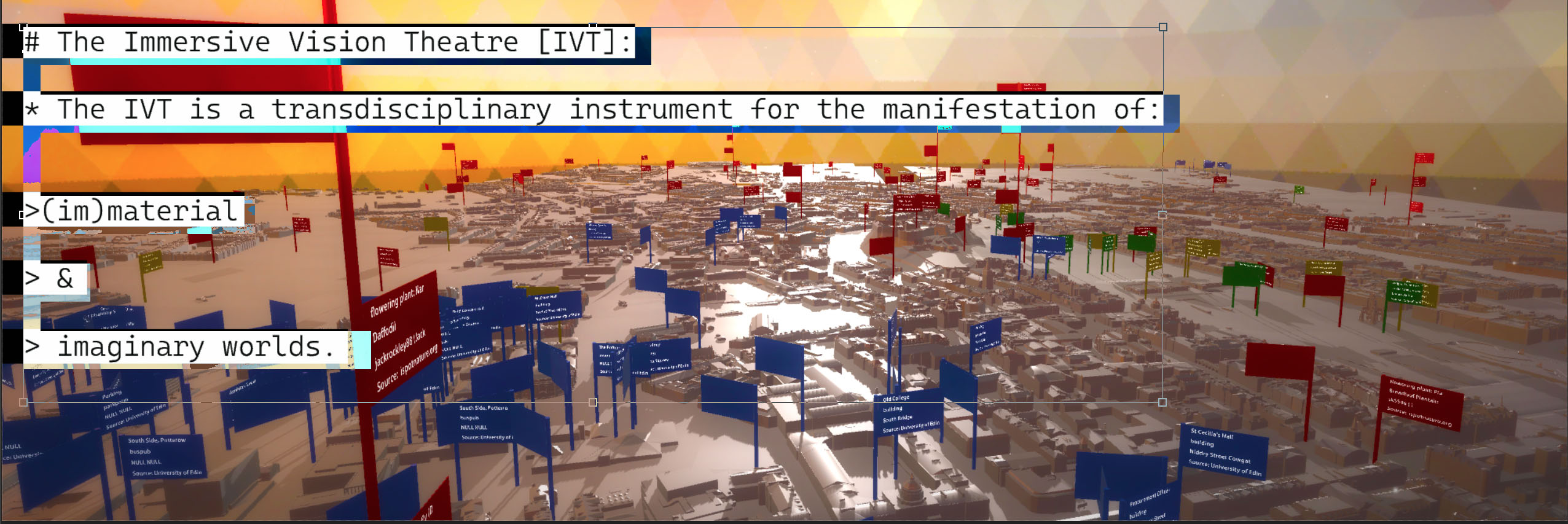
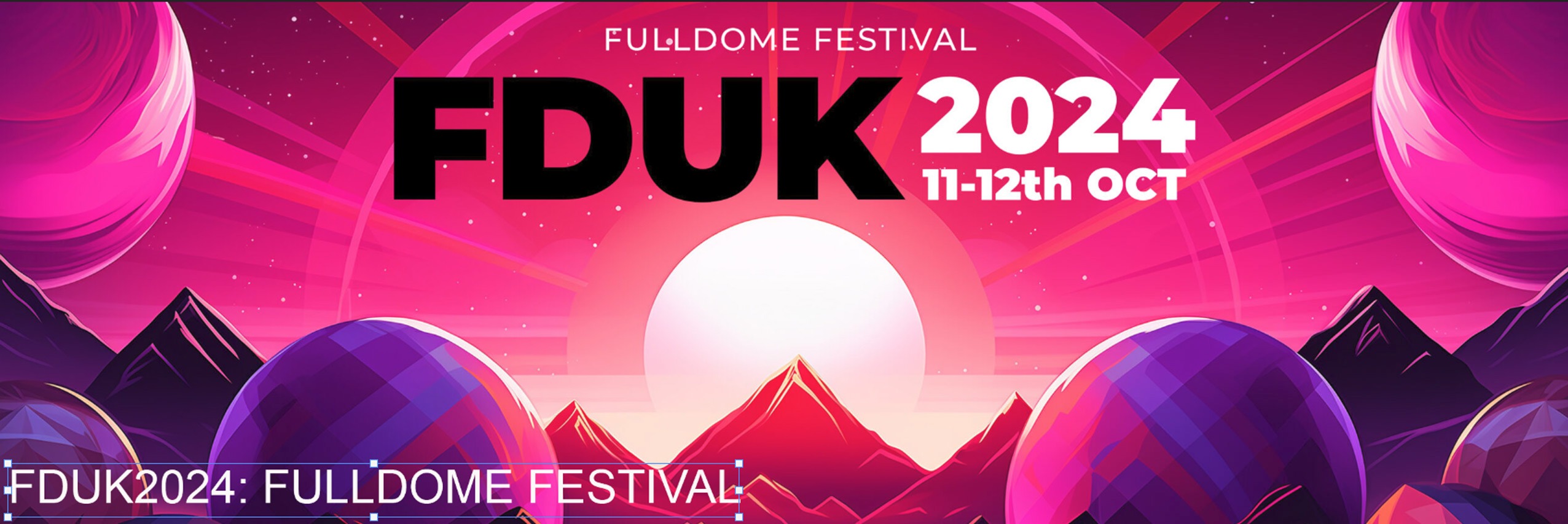
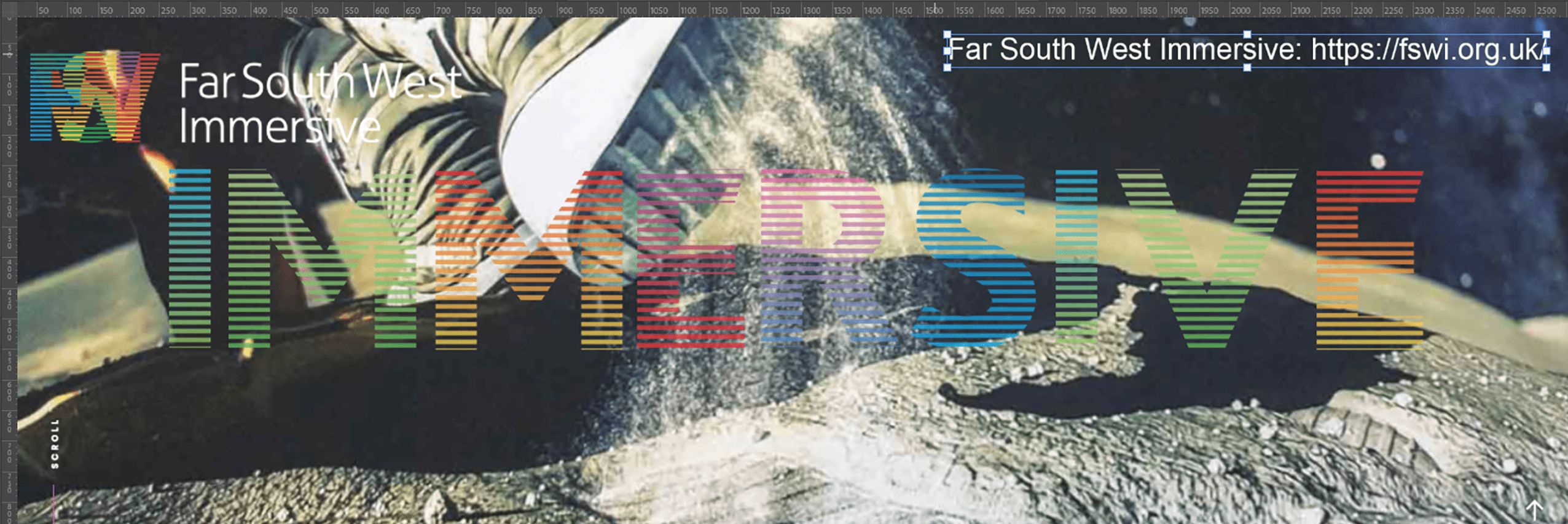
You must be logged in to post a comment.